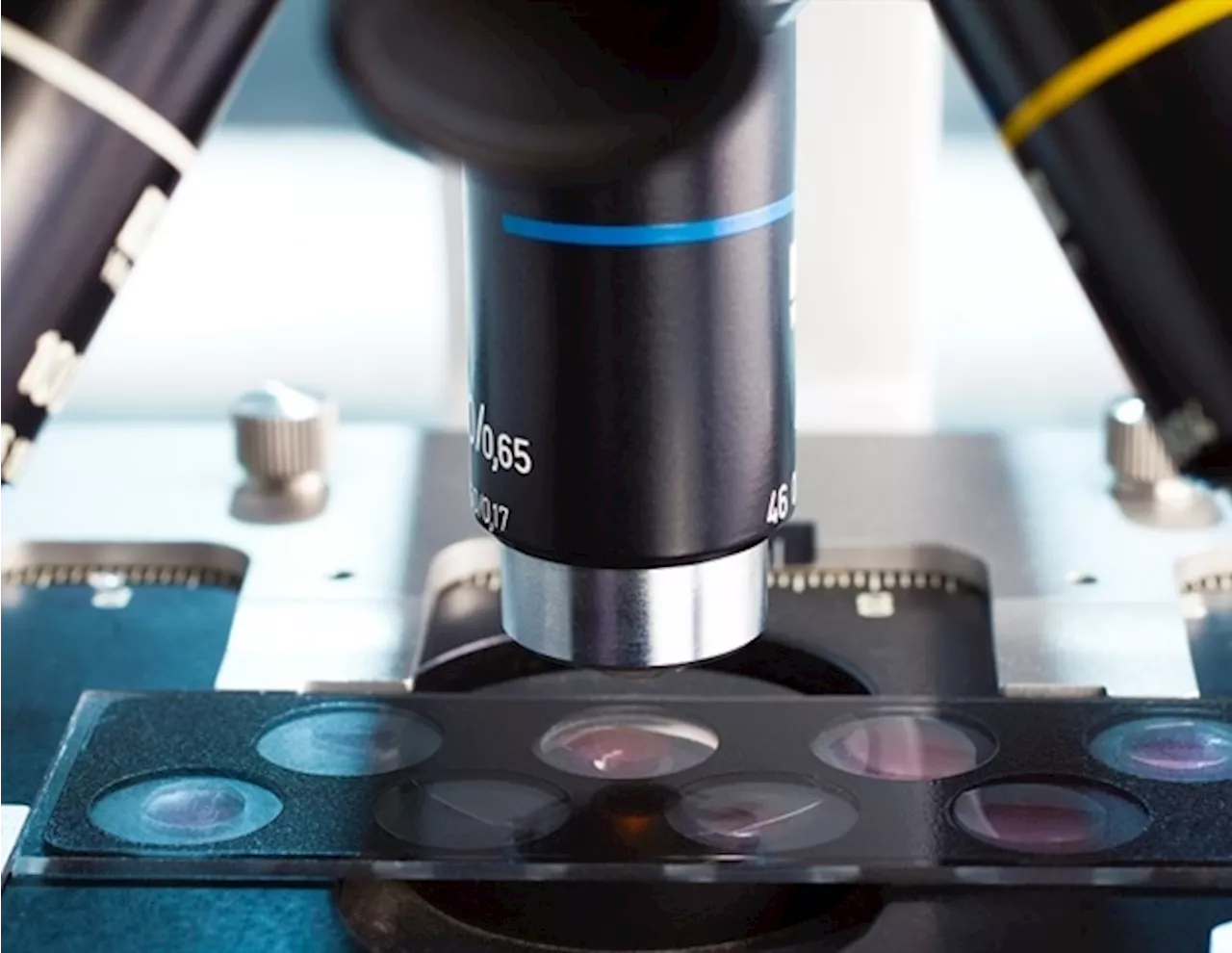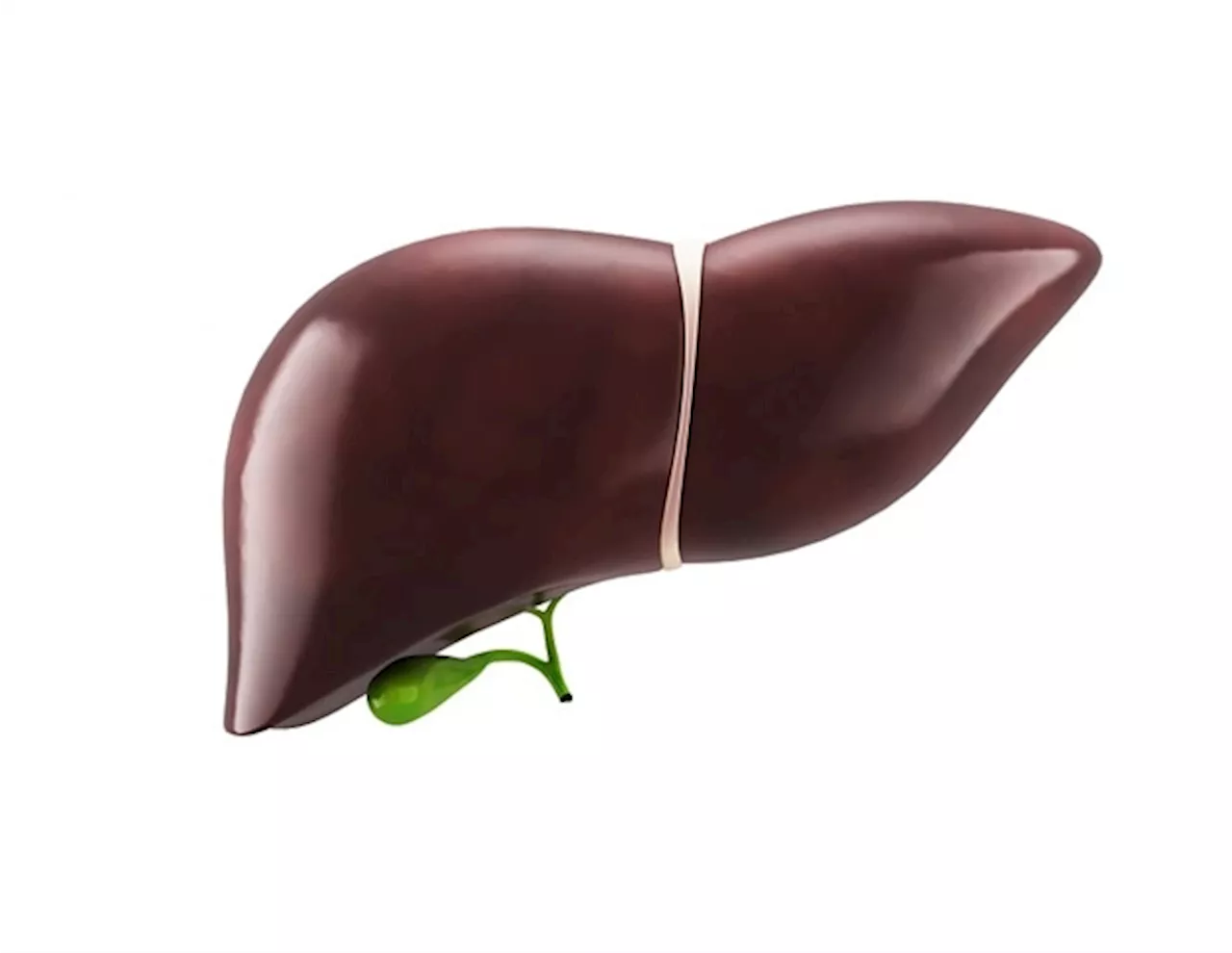A pilot study conducted by Florida Atlantic University researchers indicates that qigong, a traditional Chinese practice, can significantly improve pain management and overall well-being in veterans with chronic low back pain.
Florida Atlantic University researchers conducted a pilot study to investigate the effectiveness of qigong in managing chronic low back pain among veterans. Chronic pain, particularly back pain, is a prevalent issue affecting a significant portion of veterans, often leading to disability and impacting their social and occupational functioning.
The study, published in the journal Pain Management Nursing, involved veterans with chronic low back pain who participated in an eight-week qigong program or served as a wait-list control group. Qigong, a traditional Chinese practice combining gentle movements, controlled breathing, and meditation, aims to cultivate and balance the body's energy. The research team evaluated the impact of the qigong intervention on various biological, psychological, and social measures, including physical function, sleep disturbance, PTSD, depression, anxiety, positive affect, and social roles and activities. Results demonstrated significant improvements in pain-related outcomes, including pain intensity, low back pain-related disability, and pain interference in the qigong group compared to the control group. Additionally, sleep disturbance was significantly reduced in the qigong group. The study also revealed a strong connection between biological factors, such as inflammation markers, and psychosocial outcomes. For instance, elevated levels of tumor necrosis factor (TNF) were associated with poorer physical function, while the inflammatory marker IL-8 was linked to both pain-related disability and PTSD symptoms. These findings suggest that inflammation may contribute to both physical and mental health challenges in individuals with chronic conditions. The researchers emphasize that qigong's holistic approach effectively addresses the multifaceted challenges faced by veterans with chronic low back pain without relying on medications. They encourage healthcare providers, such as nurses and physical therapists, to consider incorporating nonpharmacological interventions like qigong into treatment plans to enhance the overall well-being of veterans dealing with chronic back pain.
CHRONIC PAIN VETERANS QIGONG BACK PAIN INFLAMMATION MENTAL HEALTH HOLISTIC APPROACH NONPHARMACOLOGICAL INTERVENTIONS
United Kingdom Latest News, United Kingdom Headlines
Similar News:You can also read news stories similar to this one that we have collected from other news sources.
 Heated Mittens Show Promise in Managing Hand Osteoarthritis SymptomsA new study published in the BMJ explores the effectiveness of heated mittens in alleviating hand osteoarthritis (OA) symptoms. Researchers found that heated mittens provided significant pain relief and improved functional ability in patients with hand OA. The study also suggests that heated mittens could be a valuable addition to existing treatment options for hand OA.
Heated Mittens Show Promise in Managing Hand Osteoarthritis SymptomsA new study published in the BMJ explores the effectiveness of heated mittens in alleviating hand osteoarthritis (OA) symptoms. Researchers found that heated mittens provided significant pain relief and improved functional ability in patients with hand OA. The study also suggests that heated mittens could be a valuable addition to existing treatment options for hand OA.
Read more »
 Cough Syrup Ingredient Shows Promise in Treating Lung FibrosisA study reveals that dextromethorphan, a common over-the-counter cough syrup ingredient, may be effective in treating lung fibrosis, a serious condition with no cure.
Cough Syrup Ingredient Shows Promise in Treating Lung FibrosisA study reveals that dextromethorphan, a common over-the-counter cough syrup ingredient, may be effective in treating lung fibrosis, a serious condition with no cure.
Read more »
 AHCC Extract Shows Promise in Protecting Liver from FibrosisStudy by Osaka Metropolitan University researchers suggests AHCC, a standardized extract of cultured Lentinula edodes mycelia, may inhibit liver fibrosis progression by suppressing hepatic stellate cell activation.
AHCC Extract Shows Promise in Protecting Liver from FibrosisStudy by Osaka Metropolitan University researchers suggests AHCC, a standardized extract of cultured Lentinula edodes mycelia, may inhibit liver fibrosis progression by suppressing hepatic stellate cell activation.
Read more »
 Rochdale Estate Closure Order Shows Promise in Tackling Crime and Antisocial BehaviourA three-month closure order implemented on a Rochdale estate has shown positive results in reducing crime and antisocial behaviour, according to Greater Manchester Police.
Rochdale Estate Closure Order Shows Promise in Tackling Crime and Antisocial BehaviourA three-month closure order implemented on a Rochdale estate has shown positive results in reducing crime and antisocial behaviour, according to Greater Manchester Police.
Read more »
 Lithium Shows Promise as Potential Treatment for Autism Spectrum DisorderResearch led by the Institute for Basic Science (IBS) suggests that lithium, a drug commonly used for bipolar disorder and depression, may be a viable treatment option for autism spectrum disorder (ASD).
Lithium Shows Promise as Potential Treatment for Autism Spectrum DisorderResearch led by the Institute for Basic Science (IBS) suggests that lithium, a drug commonly used for bipolar disorder and depression, may be a viable treatment option for autism spectrum disorder (ASD).
Read more »
 Elon Musk's Neuralink Brain Implant Shows Promise for ParaplegicsNeuralink, a brain implant developed by Elon Musk's company, has shown promising results in helping paraplegics regain control over their limbs. The implant, which is about the size of a coin, is placed under the skin and features tiny threads with electrodes that read neuronal activity. This activity is then transmitted to a computer or smartphone, where AI interprets the signals and translates them into actions. Dr. Andres Lozano, a neurosurgeon at the University of Toronto, expressed excitement about the technology's potential to revolutionize how humans interact with machines, envisioning a future where people can drive cars or even restore sight to the blind.
Elon Musk's Neuralink Brain Implant Shows Promise for ParaplegicsNeuralink, a brain implant developed by Elon Musk's company, has shown promising results in helping paraplegics regain control over their limbs. The implant, which is about the size of a coin, is placed under the skin and features tiny threads with electrodes that read neuronal activity. This activity is then transmitted to a computer or smartphone, where AI interprets the signals and translates them into actions. Dr. Andres Lozano, a neurosurgeon at the University of Toronto, expressed excitement about the technology's potential to revolutionize how humans interact with machines, envisioning a future where people can drive cars or even restore sight to the blind.
Read more »
